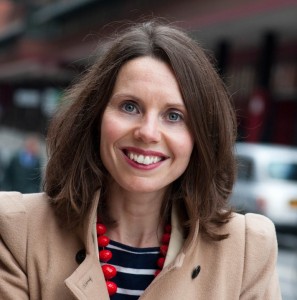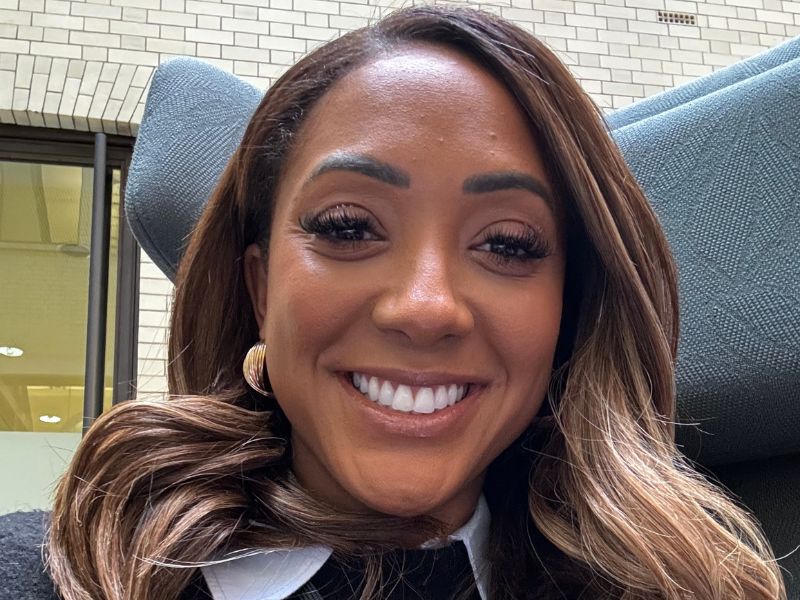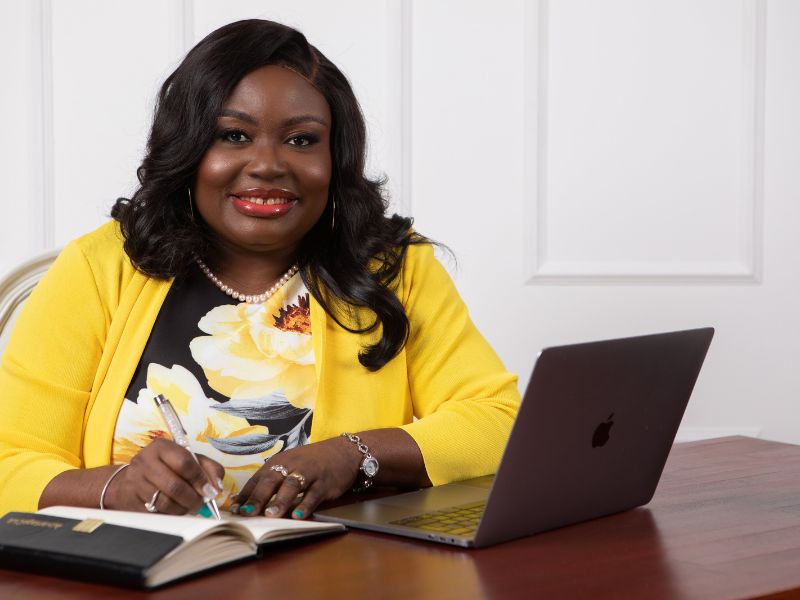 I’m the managing director of The Talent Keeper Specialists, an organisation dedicated to shaping the culture around returning talent and supporting individual returners. I’m a coaching psychologist and author of the book, Mothers Work! How to Get a Grip on Guilt and Make a Smooth Return to Work (Hay House, 2011). My career started in the City at Barclays, a world away from my life in Yorkshire (the daughter of two teachers) and before The TKS worked in a learning and development capacity with many well-known companies. I describe myself as a running evangelist (check the hashtag #runwithasmile on Twitter), feminist (why would any right-minded person not be?) and community-minded helper (I do a LOT of litter picking). I’ve got two sparky children and am married to a talented chap who combines an analytical mind with creative flair.
I’m the managing director of The Talent Keeper Specialists, an organisation dedicated to shaping the culture around returning talent and supporting individual returners. I’m a coaching psychologist and author of the book, Mothers Work! How to Get a Grip on Guilt and Make a Smooth Return to Work (Hay House, 2011). My career started in the City at Barclays, a world away from my life in Yorkshire (the daughter of two teachers) and before The TKS worked in a learning and development capacity with many well-known companies. I describe myself as a running evangelist (check the hashtag #runwithasmile on Twitter), feminist (why would any right-minded person not be?) and community-minded helper (I do a LOT of litter picking). I’ve got two sparky children and am married to a talented chap who combines an analytical mind with creative flair.
What has been your biggest challenge?
When you’ve worked in an organisation with a lot of resources (people you can ask to get involved in what you want to make happen; the clout of a well-known brand; budget; a known salary every month) it’s a daily challenge to decide where it’s best to put your much more limited resources as an SME. A significant amount of the resource is me and there’s always much more I want to do than I have time for. It’s a constant challenge to prioritise and not get frustrated that things are having to go on the back-burner or not get pursued at all. I know I’m challenged by risk-taking too; it’s something I know I need to get more comfortable with. Taking more risks might help me get more done so there’s a definite win in there.
What’s been your greatest achievement personally?
Walking away from work that had become insufficiently rewarding (in many senses of the word) without having something definite lined up to fill the gap – financially and otherwise. Sometimes we have to let things go to create room for something new to fill its place. It can be risky and also rewarding (in writing this I’ve realized I’m perhaps not as risk averse as I might believe – clearly it’s about the context).
If you weren’t doing what you do, what would you be doing?
I became aware of gender injustice at a young age. As an 11 year old I wanted to become a lawyer to fight for women imprisoned on death row in America for killing their partners after years of domestic abuse. Advocacy and policy making/shaping could be two alternative careers I’d relish.
I believe there are still too many career trade-offs for women compared to men.
Who has been your biggest inspiration?
My very bright, savvy, engaging and ‘just do it’ friend, Professor Karen Pine. She has a way of making big things look easy and she’s a wonderful hybrid of academia and entrepreneurship. Got an idea? Let’s do it! She once said to me ’you don’t have to get it right, you just have to get it going’ and that’s helped me enormously over the years.
What does the future hold for you?
Employing others and growing the business so that I can do more pro bono work; trekking to Everest base camp and a part-time Phd. I’m on the look-out for a sponsor who’ll support research into the factors (cultural and those that relate to individuals themselves) that facilitate mothers reaching the top positions in business and wider society. I believe there are still too many career trade-offs for women compared to men. I’ve kicked off some research in this area and if the FTSE 100 participate, as I’ve invited them to, I may well have already started on my PhD.








